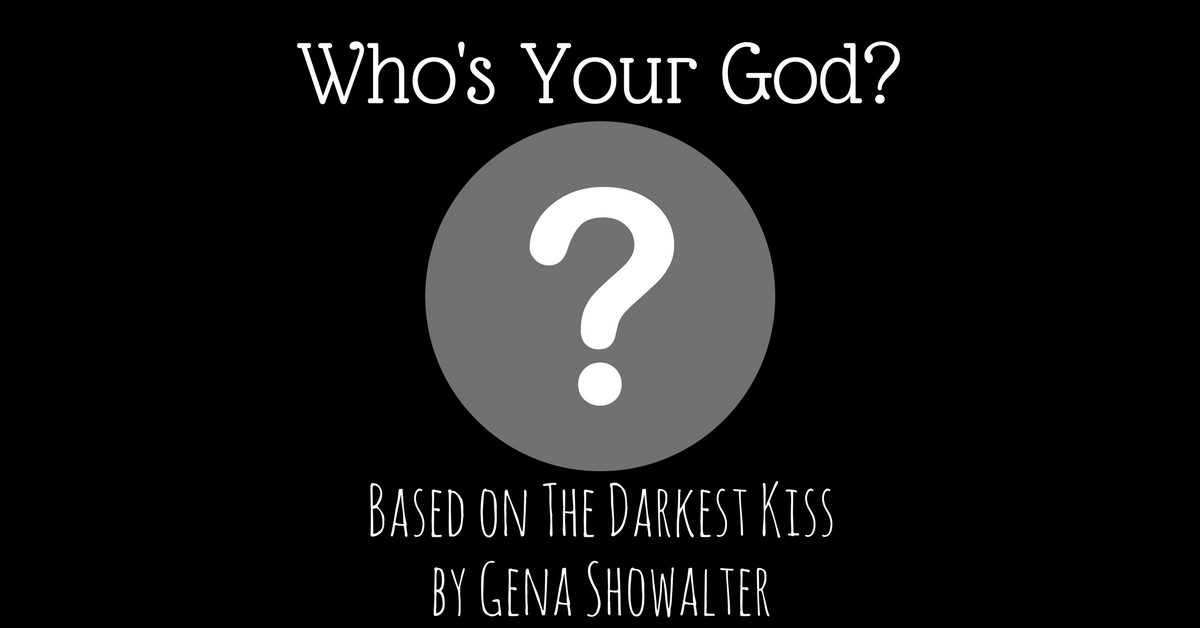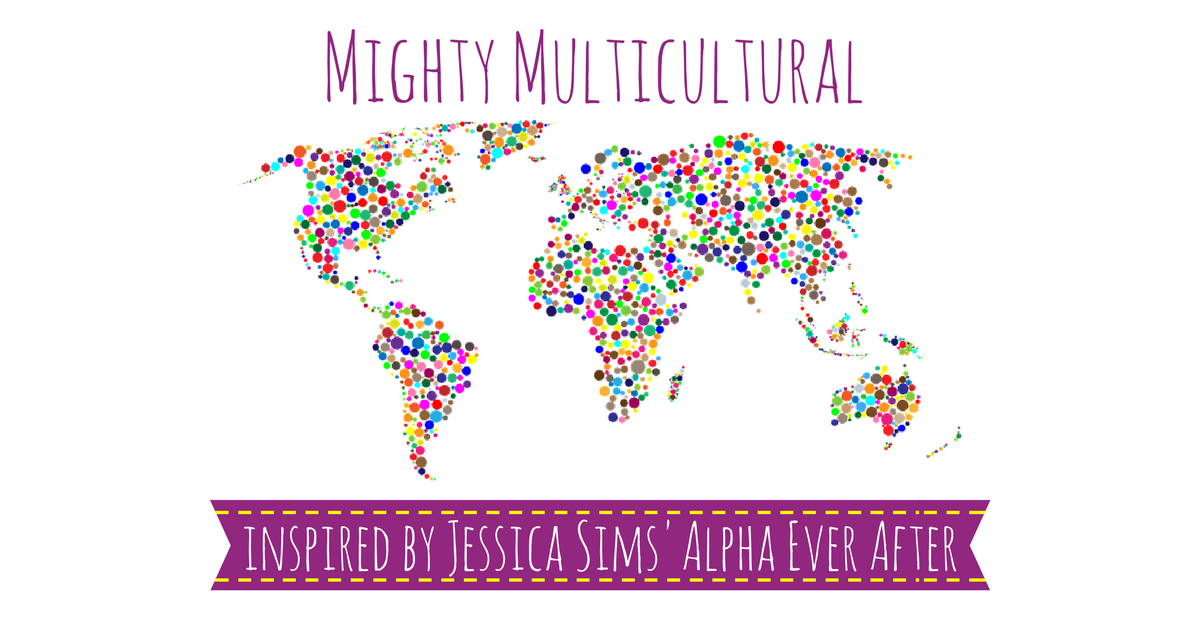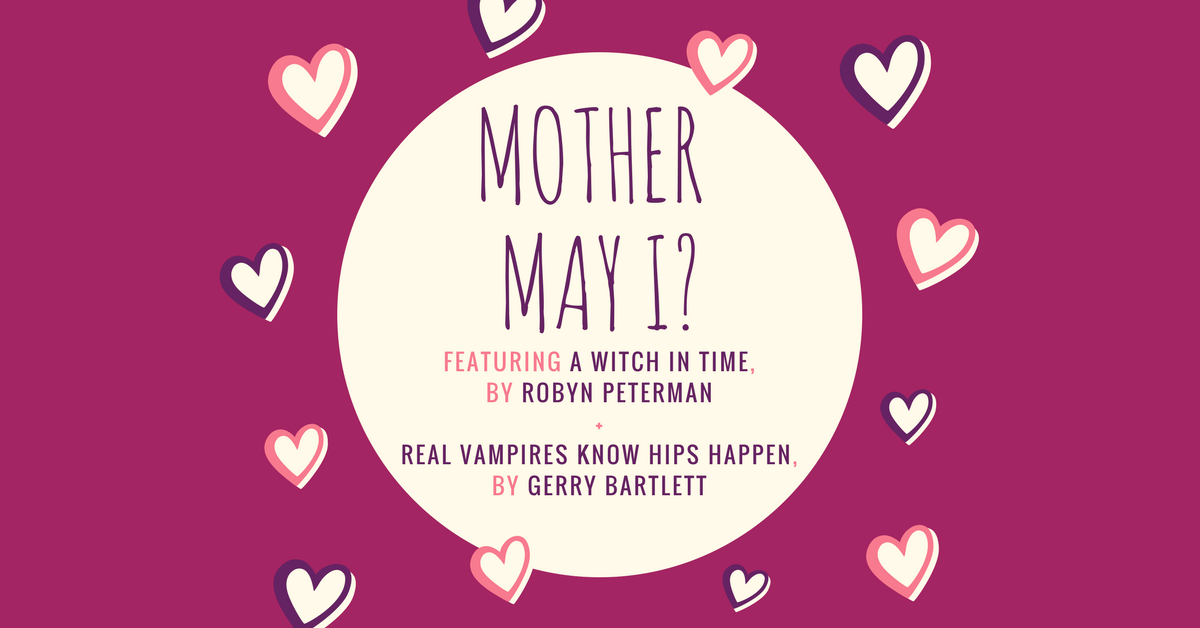Once upon a time on a winter's day in a deep and dark December... Nah, I'm just joshing with you. What I really meant to say was… once upon a time in the fertile imagination of the inimitable Robyn Peterman, I was inspired to think about the philosophy of self-sufficiency. I'm reading the latest in the Hot Damned series, Fashionably Hotter Than Hell. I love Robyn Peterman's potty-mouthed, Prada-loving heroines, and her ‘redonkulous’ plot lines. They’re silly, fun and fabulous. I love a book that can make me laugh out loud and all of Ms. Peterman's novels always fit that bill. Today, I'm thinking about Heathcliff and Raquel (silly names, true, but hey, they beat some of the other stupendously stupid titles and names in this genre). In the beginning of the book, Heathcliff works to convince himself he doesn't need a mate. Then, later he works to convince his mate that she does need him. In this iteration of a common plot trope, Heathcliff is called upon to weigh the relative merits and disadvantages of being self-reliant. Shockingly—to no one—he comes to realize that we all need a little help from our friends, particularly if we want our HEA. I understand. For me, self-sufficiency is a source of pride and deep comfort. I subscribe to the philosophy that if I want something done, it's always best do it myself. Particularly if I want it done right—meaning to my standards and specifications.
In Fashionably Hotter than Hell, Heathcliff tries to convince himself that he doesn't need any help, and that he's content to be alone. This is, of course, rubbish, and it's easy to see the stupidity of that stance when someone else is assuming the position. But when it's me telling myself I can and should go it alone, it seems perfectly reasonable, logical and even noble. The level of my own denial can be stunning.
What motivates us to make like Simon and Garfunkel and desire island status? Probably lots of factors that would give Freud a run for his money, but the major driver here is lack of trust. Lack of trust in our fellow humans, and lack of trust that something greater than ourselves will catch us if we stumble or fall.
Our mistrust in other people leads to an unfortunate tendency to identify out of the rest of humanity. We can't trust others to have our backs or to provide effective help and support because most people are not like us—not as smart, or capable or competent. This is a (highly unattractive and regrettable) flaw in my own personality: I believe, mostly, that my way is the right way and everyone else's way is inferior. I believe this bullshit despite the fact that my way got me into some very dark places in life. And yet, I've remained convinced that in almost all circumstances, I know best and I can't trust anyone as much as I can trust myself.
Here's a sneak peak at the last page of that particular book—things don't work out so well for our distrustful heroine. She gets smacked upside the head by life and finally, after years of believing her own publicity, realizes that self-sufficiency is not only lonely, but also…wait for it… ineffective. It doesn't get her what she wants, and it doesn't ensure everything stays under control. Self-sufficiency, like control, is a chimera. It doesn't exist and we're fools to pursue it. But that's me, a fool for pride. Kind of sucks, truth be told.
When we distrust others, we make them lesser. Others become those who we dominate, not those to whom we open ourselves. We do this because we believe we are unique and better. But it's not true. At our cores, all humans want the same thing: to be loved for who and what we are. My struggles are your struggles, and your struggles are mine. We are not so unalike. We are all in this together and when we recognize that truth we can have compassion for each other, and for ourselves. We can trust each other. We can identify in instead of identifying out.
Eventually, Heathcliff comes to this realization too and avails himself of the help that he's offered. I am also beginning to recognize this truth. Slowly. But there is another aspect to this awakening process that involves our concepts of dependence and personal freedom. But alas, dear reader, my time on this page is done, for now. So, I'm going to try something new and continue this train of thought in my next post on July 8, entitled "I Am an Island." So, please tune in for part two. Same Bat Time, same Bat Station.



















